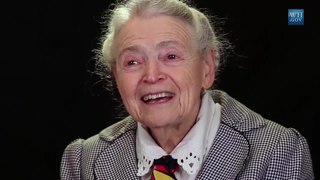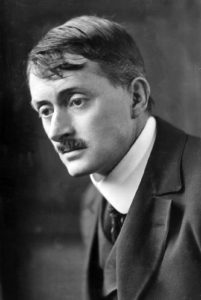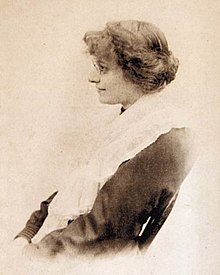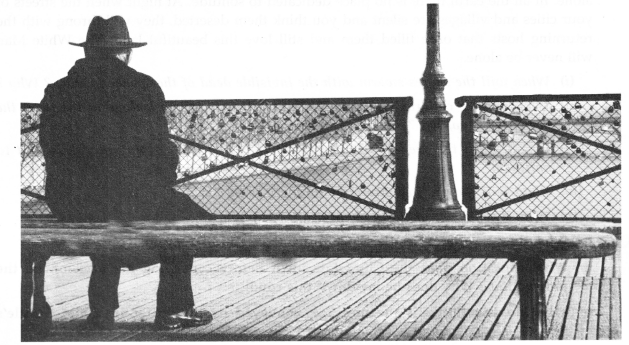We have decided to create the most comprehensive English Summary that will help students with learning and understanding.
The Ball Poem Summary in English by John Berryman
The Ball Poem by John Berryman About the Poet
John Berryman (1914-1972) was an American poet and scholar. He is best known for the Dream Songs (1969) which was a sequence of 385 poems. He won Pulitzer Prize for the dream songs. He also won the National book award.
| Poet Name | John Berryman |
| Born | 25 October 1914, McAlester, Oklahoma, United States |
| Died | 7 January 1972, Minneapolis, Minnesota, United States |
| Education | Columbia University (1936), Columbia College |
| Awards | Bollingen Prize, National Book Award for Poetry |

The Ball Poem Summary in English
This poem is about losing something that you love, and learning to grow up.
A little boy, who for the first time in his life, is learning what it is like to experience grief at the loss of a much beloved possession his ball. To us, the loss of a ball is of minor consequence, and our reaction to it is to say ‘Oithere are other balls’. But to a little boy, this is not so. A dime, another ball, is worthless. Money is external, it cannot buy back our love, nor replace the things that we love: the thing’s that really matter.
In this poem, the boy’s ball personifies his young days and happy innocence. In this world, people will take balls just as they will take away our innocence and force us to grow up. And once we lose this innocence, we can never get it back. Balls will be lost always, little boy, and no one buys a ball back.
This poem goes to show how, all throughout your life, you will be forced to do things that you don’t want to do; and you will lose or have to give up the things that you love. But, despite this, you have to learn to stand up – to be strong and get on with your life no matter how much it hurts inside. Because that is the only way you will survive; you have to learn to accept and let go and not cling onto something that you can never have.
The Ball Poem Summary Questions and Answers
1. What is the boy now, who has lost his ball,
What, what is he to do? I saw it go Merrily bouncing, down the street, and then
Merrily over – there it is in the water!
a. What is the boy doing?
Answer:
The boy is playing with the ball joyfully.
b. What has happened to the ball?
Answer:
The ball has fallen down into water.
c. What is the state of boy’s mind?
Answer:
The boy feels sad and helpless. He has lost his priceless possession.
Question 2.
No use to say ‘O there are other balls’:
What do the words in inverted commas mean? Why does the poet think that it is useless to give this suggestion to the boy?
Answer:
The word’s in the inverted commas try to suggest that the loss of the ball is not that significant. The poet thinks that it is useless to give this suggestion to the boy as the boy has lost his priceless possession.
Question 3.
’An ultimate shaking grief fixes the boy’
Who is the boy? What is his state of mind? Why is he in such a state of mind?
Answer:
The boy is playing with the ball. He is in the state of grief, sadness and disappointment. His ball has fallen down into the water which can’t be retrieved. could confide. She also believes that a paper to have more patience than people, so she decided to write and confide in a diary.
Question 4.
What made Mr Keesing allow Anne to talk in class?
Answer:
Anne justified her talkative nature every time she was punished by Mr. Keesing. On three occasions, as punishment, he gave her topics to write essays on. However, on each occasion he was impressed by the manner in which she presented her arguments. Finally, Mr. Keesing accepted the fact that Anne would always be that way. Hence, she was allowed to talk in class.
Question 5.
How did Anne finally stop Mr. Keesing from punishing her? Explain.
Answer:
Anne was assigned to write an essay for talking in the class. Her friend helped her to write the essay from beginning to end in verse. She believed Mr. Keesing was trying to play a joke on her but she would make the joke was on him.
She wrote a poem about a mother duck and a father swan with three baby ducklings who were bitten to death by the father because they quacked too much. Luckily, Mr. Keesing took the joke in the right way. He allowed Anne to talk in the class and did not give her any extra homework.
Question 6.
Why was Anne’s teacher annoyed with her? How was she able to bring about a change in his attitude towards her?
Answer:
Mr. Keesing who taught maths to Anne was annoyed with her because she talked too much. After several warnings, he assigned her extra homework. She tried to prove that talking was a student’s trait and she would do her best to keep it under . control. Mr. Keesing had a hearty laugh at her arguments and assigned her a second essay. But in her final essay she succeeded to convince Mr. Keesing. She wrote a poem about a mother duck and a father swan with three baby ducklings who were bitten to death by the father because they quacked too much. Luckily, Mr. Keesing took the joke in the right way. He allowed Anne to talk in the class and did not give her any extra homework.
Question 7.
How did Mr. Keesing assign Anne extra homework, an essay on “A Chatterbox”?
How did she justify her being a chatterbox?
Answer:
Mr. Keesing who taught maths to Anne was annoyed with her because she talked too much. After several warnings, he assigned her extra homework. She tried to prove that talking was a student’s trait and she would do her best to keep it under . control. Mr. Keesing had a hearty laugh at her arguments and assigned her a second essay. But in her final essay she succeeded to convince Mr. Keesing. She wrote a poem about a mother duck and a father swan with three baby ducklings who were bitten to death by the father because they quacked too much. Luckily, Mr. Keesing took the joke in the right way. He allowed Anne to talk in the class and did not give her any extra homework.



